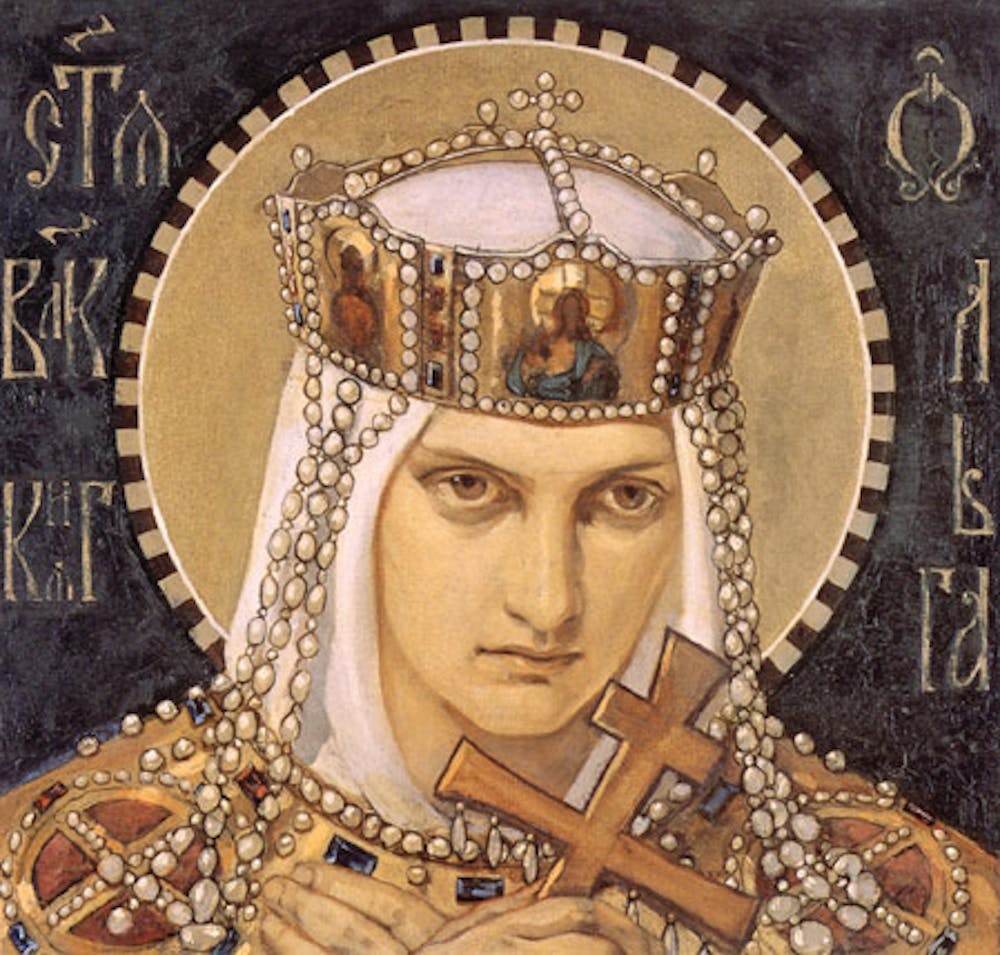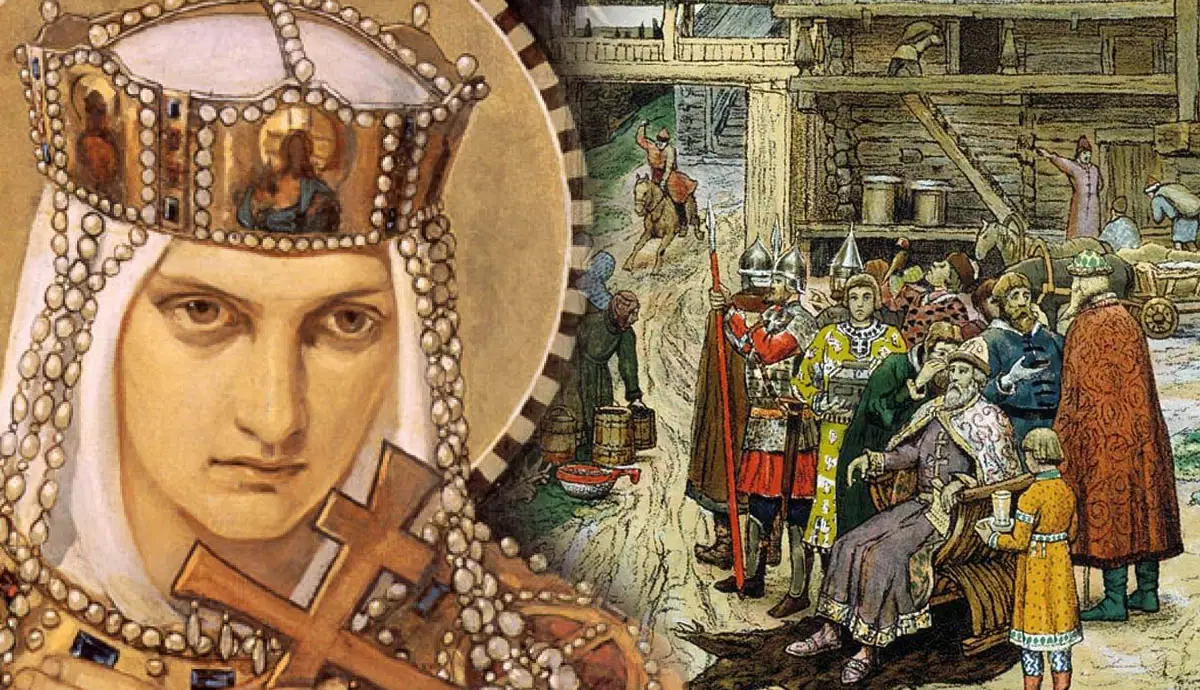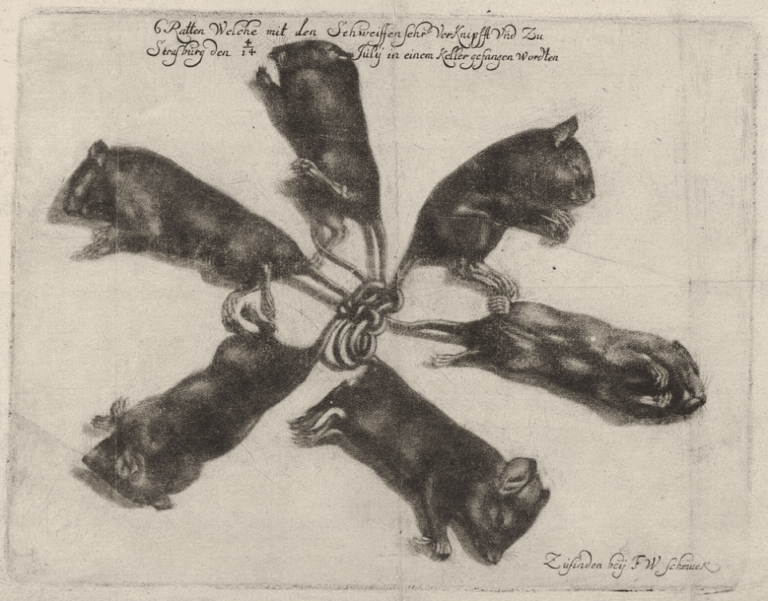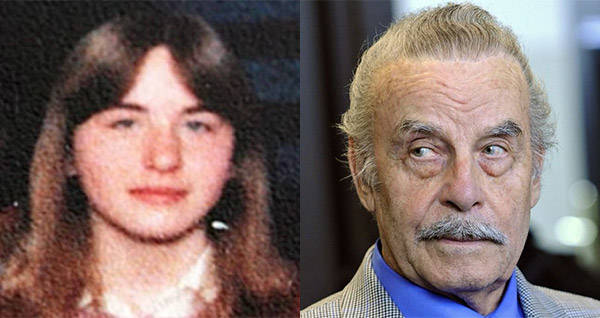The Legacy of St. Olga: Avenger, Ruler, and Saint
Discover the powerful legacy of St. Olga of Kyiv, from her quest for vengeance to her pivotal role in Christianity and Ukrainian culture.
Early Life and Rise to Power
St. Olga of Kyiv, also known as Saint Olga, was a pivotal figure in Eastern European history whose legacy extends far beyond her time. Born around 890 AD in the region that is now Ukraine, Olga was initially known as Helga. Her early life was marked by her marriage to Prince Igor of Kyiv, which set the stage for her later influence.
- Birth and Early Life: Olga was born into a noble family in the region of Kyiv. Little is known about her early childhood, but her marriage to Prince Igor around 903 AD catapulted her into the limelight.
- Marriage to Prince Igor: The union with Igor was both a political and personal alliance, solidifying the Kyivan Rus’ dynasty’s control over the region.
- Ascension to Power After Igor’s Death: After Igor’s assassination in 945 AD by the Drevlians, a neighboring tribe, Olga took over as regent for her young son, Svyatoslav. Her role as a regent was marked by significant political and military maneuvers that would define her legacy.
The Quest for Vengeance

St. Olga’s story is most famously associated with her quest for vengeance against the Drevlians. This period of her life showcases her strategic acumen and unyielding determination.
- The Murder of Igor: Igor was killed while attempting to collect tribute from the Drevlians. This brutal act ignited Olga’s resolve for revenge.
- Revenge on the Drevlians: Olga’s response was both ingenious and ruthless. She first invited the Drevlians to a meeting, only to have them buried alive. Her second act of revenge involved a siege that resulted in the complete devastation of the Drevlians’ stronghold.
- Military Campaigns and Strategies: Olga’s strategies included psychological warfare and strategic alliances. Her campaigns were meticulously planned and executed, demonstrating her capabilities as a military leader.
Conversion to Christianity and Canonization
St. Olga’s conversion to Christianity and subsequent canonization marked a transformative phase in her life and the history of Kyiv.
- Conversion to Christianity: After her quest for vengeance, Olga sought spiritual solace and conversion. She was baptized in Constantinople around 957 AD, becoming one of the first rulers of Eastern Europe to embrace Christianity.
- Role in the Christianization of Kyiv: Olga’s conversion was instrumental in laying the groundwork for the Christianization of Kyiv and the wider region. Her efforts were foundational for the Christian legacy of the Kyivan Rus’.
- Canonization and Veneration: St. Olga was canonized as a saint by the Orthodox Church. Her feast day is celebrated on July 11th, and she is venerated as a patron saint of widows and converts.
St. Olga in History and Culture
The impact of St. Olga extends into art, literature, and modern Ukrainian culture, reflecting her lasting influence.
- Depictions in Art and Literature: St. Olga has been depicted in various forms of art and literature, often portrayed as a symbol of strength and piety. Notable depictions include paintings and historical dramas that highlight her heroic and saintly aspects.
- Influence on Ukrainian Identity: St. Olga’s role in Ukrainian history has cemented her place as a national heroine. Her life and legacy are integral to Ukrainian cultural identity and pride.
- Celebrations and Feasts in Her Honor: St. Olga’s feast day and various celebrations honor her contributions to Christianity and Ukrainian culture. These events reinforce her status as a revered historical and spiritual figure.
Key Figures Associated with St. Olga
Several individuals and groups played significant roles in the life and legacy of St. Olga.
- Prince Igor: Olga’s late husband, whose assassination by the Drevlians triggered her quest for vengeance.
- The Drevlians: The tribe responsible for Igor’s death and the target of Olga’s retaliation.
- Christian Missionaries: Missionaries who supported Olga’s conversion and helped in the spread of Christianity in the region.
Comparison with Other Saints of Vengeance
St. Olga’s actions can be compared with those of other saints known for their vengeful acts.
- St. Joan of Arc: Like Olga, Joan of Arc was a figure of divine inspiration and military leadership. However, Joan’s motives were more directly tied to her religious visions and her role in the Hundred Years’ War.
- St. Sebastian: While Sebastian’s story is less about vengeance and more about martyrdom, both saints are celebrated for their unwavering faith and courage.
- Similarities and Differences in Motivations and Actions: Both Olga and these saints exhibit a fierce commitment to their causes, but their methods and motivations vary significantly. Olga’s actions were driven by personal vengeance and political strategy, while others were inspired by divine visions or martyrdom.
St. Olga’s Legacy in Contemporary Times
St. Olga’s influence remains significant in modern times, impacting both cultural practices and religious traditions.
- Influence on Modern Ukrainian Culture: St. Olga’s legacy is deeply embedded in Ukrainian cultural heritage, reflected in literature, art, and national celebrations.
- St. Olga’s Role in Modern Religious Practices: Her canonization and continued veneration highlight her enduring role in Orthodox Christianity and among Ukrainian Christians.
- Representation in Modern Media: St. Olga is depicted in various media, including films, documentaries, and books, which continue to highlight her historical and spiritual significance.
Summary and Reflections
St. Olga of Kyiv remains a powerful symbol of vengeance, leadership, and spiritual transformation. Her life story offers valuable insights into the interplay of politics, religion, and personal resolve in shaping history.
Main Character’s Biography:
| Name | St. Olga of Kyiv |
|---|---|
| Birth | c. 890 AD |
| Marriage | Prince Igor (903 AD) |
| Key Event | Revenge on the Drevlians (945 AD) |
| Conversion | Christianity (957 AD) |
| Death | 969 AD |
| Canonization | Orthodox Church (c. 1000 AD) |
References:
- History Defined – St. Olga of Kyiv https://www.historydefined.net/st-olga-of-kyiv/
- Wikipedia – St. Olga of Kyiv https://en.wikipedia.org/wiki/Saint_Olga






